«We are using it as a testing ground for a much more mature civilization»
«I believe Mars will still have some big surprises in store for us,» – claims renowned astrobiologist Natalie Cabrol.
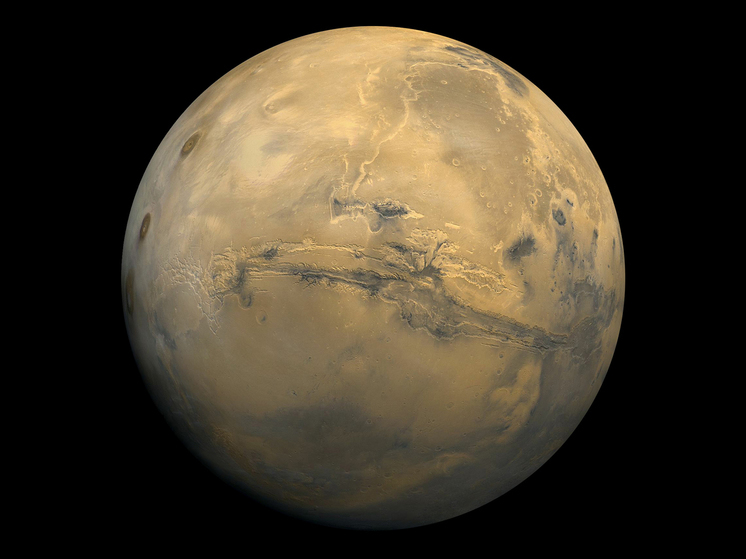
Astrobiologist Nathalie Cabrol was born in 1963 and grew up near Paris, writes The Observer. She completed her PhD at the Sorbonne on the evolution of water on Mars and moved to the US in 1994 as a researcher at Nasa Ames. She has worked extensively in the Atacama Desert and the Chilean Andes, studying how life adapts to extreme conditions similar to those on other planets.
Cabrol, who lives in Northern California, is currently the director of the Carl Sagan Center at the Seti [Search for Extraterrestrial Intelligence] Institute. Her latest book, «The Secret Life of the Universe: An Astrobiological Search for the Origins and Limits of Life» is published in mid-August.
When asked by The Observer how she became interested in heaven, Nathalie Cabrol replied: “It’s not difficult to be interested in heaven, we’re already in heaven!” I remember at the age of five or six I looked at the sky and began to ask myself: “What does this all mean?” Why does this exist?”
“Isn’t it a mistake to look only for Earth-like planets and life as we understand it when searching for extraterrestrial life?” Cabrol answered this question:
“There's nothing wrong with looking at our biochemistry and the environment that brought us here. Astronomy tells us that the stuff we're made of is very common, and we're learning that carbon was made much earlier than we thought. And with the discovery of exoplanets [planets outside our solar system], we're also realising that while there's probably no exact copy of Earth anywhere in the universe, there are environments that are probably just as, or even more, suitable for life. But at that point, we're painting ourselves into a corner by looking for another version of ourselves. I'm more interested in the universal signatures of life — signatures that would be true anywhere in the universe, regardless of the biochemistry.”
“What makes you so sure there's something out there rather than nothing?” The Observer asks her.
“The simplest answer is Carl Sagan’s: ‘It would be a terrible waste of time,’” says the astrobiologist. “The intelligent search for life has been going on for thousands of years, but the intelligent search with technology has only been going on for 60 years, so it’s a very young search. And then you have to consider the distances. Even if by some miracle alien life forms thought and communicated like us and were interested in what was going on around them, our radio bubble is only 200 light years across. That’s small. Then there’s the fact that we’re looking for life but we don’t really know what life is, or intelligence, or much less consciousness. We have no idea what those three things are. We’re still looking for them, and that’s okay, because otherwise you’d get nowhere.”
“I believe Mars still has big surprises in store for us,” Cabrol continues. ”They won't be on the surface, but unlike a lot of people, I don't think it will be that far down. There's still volcanism on Mars, and we know there's water there and lots of nutrients — magnesium, potassium and so on. Elsewhere in the solar system, Europa [a moon of Jupiter] may have an oxygenated ocean that could provide a chance for more complex life to evolve. It also has sources of carbon,”.
“We're talking about oceans hidden beneath miles of surface ice,” The Observer explains.
“Yes,” says the astrobiologist. ”And the thing is, you don't have to invest in submarines to explore it; you can let Mother Nature provide the rest. Europa has convective motions due to gravity tides and a kind of slush that regularly comes to the surface. You land next to it, pick up this stuff and see what's inside. You let the ocean come to you.
But Enceladus [a moon of Saturn] is definitely my favourite. I love it because it just throws stuff at you in the form of geysers or jets coming up from the surface. Obviously it's quite difficult to slow down a spacecraft to take samples, but we could do incredible things on Enceladus.»
«Can other planets teach us about what to expect from global warming on Earth?» asks The Observer.
“If you look at what happens to a planet that has a runaway greenhouse effect, you'll see Venus,” says Natalie Cabrol. ”And a planet that gets too hot and loses its water, that's Mars. We're looking at it right in front of our eyes.”
“What do you think of people like Elon Musk talking about colonising other planets?” asks The Observer.”
“Well, first of all, I hate the word 'colonization,' – says the astrobiologist. – And the idea of setting up outposts on another planet because we're running away from our own is an insult to the spirit of exploration. Migrants usually move because they're desperate for better conditions. That's not the case on Mars. It's much worse. I think we should go to Mars not because it's an easy escape route, but because we've grown up and are using it as a training ground for a much older civilization that will take its first steps toward becoming interplanetary and then interstellar. But we should also use all this technology to look back at Earth.
«Transporting ourselves into space forces our brains to look for solutions that we would not otherwise look for on our planet. Of course, sending a Tesla into space [as Musk did in 2018] was the wrong decision when you're trying to develop space policy and prevent pollution of the planet.»
When asked about unidentified anomalous phenomena, Natalie Cabrol said: “As a scientist, I am interested in unidentified anomalous phenomena because first we have to accept them for what they are: unidentified phenomena. I don’t want to say that they are necessarily extraterrestrial phenomena, like flying saucers and so on. We know that 96% of them will find a natural explanation. You have to consider that we are seeing a lot more unusual atmospheric phenomena because our planet is changing. And then there are undisclosed government actions that you should not see. Finally, there are about half a percent of unexplained cases. Of course, I am interested.
But Seti does not deal with aerial phenomena — our instruments are aimed much further. I always joke that we are looking for aliens in their own environment, while people who look for unidentified anomalous phenomena are trying to see aliens in ours. But if tomorrow you tell me that you have irrefutable evidence of the existence of an alien spaceship, which was filmed somewhere, I will be the happiest man in the world.”

















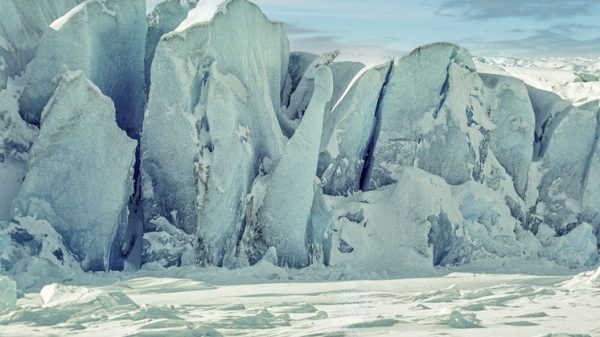
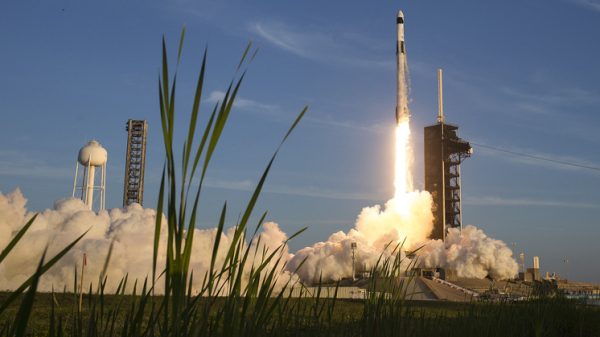

















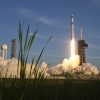
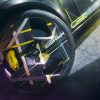

















Свежие комментарии